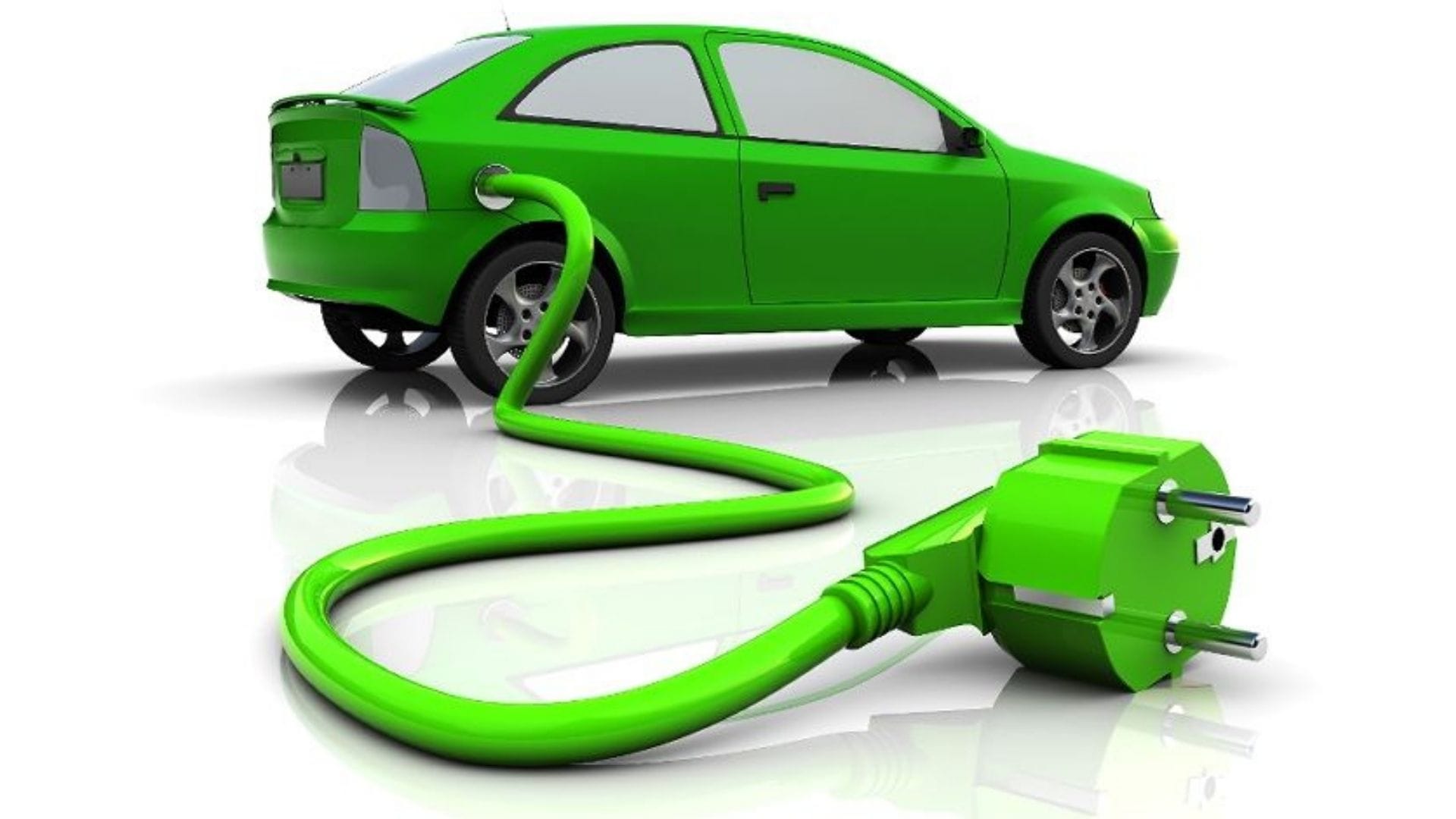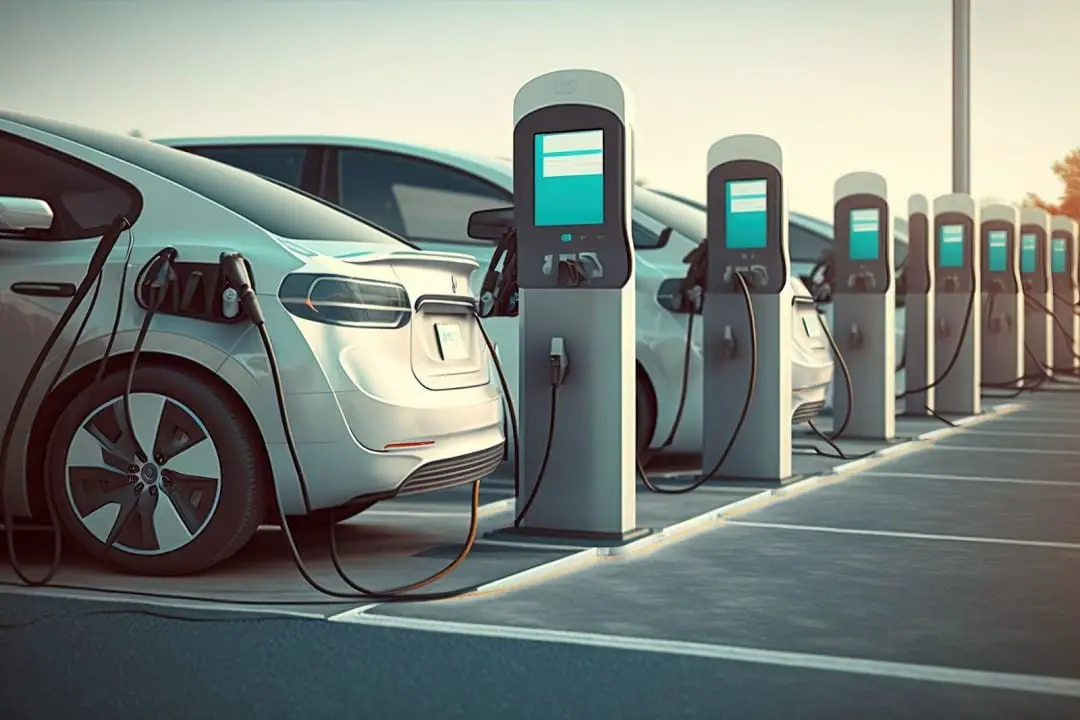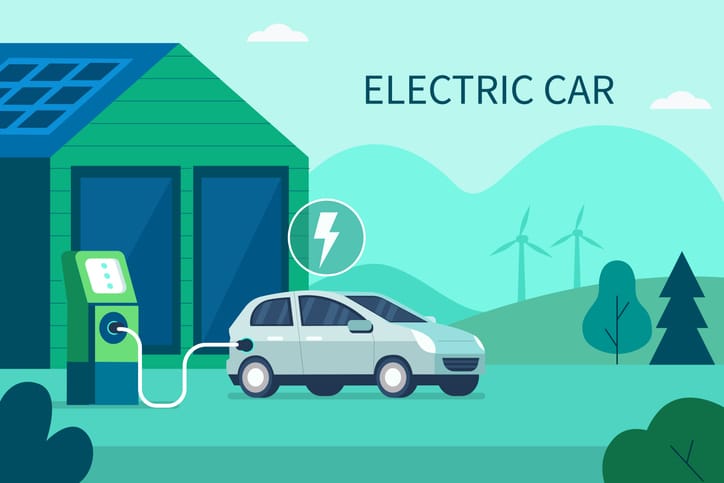The Role of Electric Vehicles in Achieving Sustainability Goals.
In the face of climate change and environmental degradation, the urgency to transition to sustainable transportation solutions has never been more pronounced.


In the face of climate change and environmental degradation, the urgency to transition to sustainable transportation solutions has never been more pronounced.
Electric vehicles (EVs) have emerged as a promising alternative to traditional internal combustion engine vehicles, offering the potential to reduce greenhouse gas emissions, improve air quality, and enhance energy security.
As nations worldwide strive to meet ambitious sustainability goals, the adoption of EVs has become a pivotal component of their strategies to mitigate the impacts of transportation on the planet.
Read: Health benefits of driving an EV
The Environmental Imperative
Transportation is a significant contributor to global carbon emissions, with conventional vehicles spewing pollutants and greenhouse gases into the atmosphere.
The combustion of fossil fuels for transportation not only exacerbates climate change but also leads to air pollution, posing serious health risks to populations around the world.
In this context, the imperative to shift towards cleaner modes of transportation has never been clearer.
Electric vehicles offer a compelling solution to the environmental challenges posed by traditional automobiles.
Read: Benefits of solid-state batteries on EV
By leveraging electricity as a power source, EVs produce zero tailpipe emissions, reducing local air pollution and mitigating the harmful effects of transportation on public health.
Furthermore, when charged with renewable energy sources such as solar or wind power, EVs can operate with virtually no carbon footprint, paving the way for a truly sustainable transportation system.

Advancing Technological Frontiers
The rapid advancements in battery technology have been instrumental in driving the widespread adoption of electric vehicles.
Read: Economic and air quality benefits of electric vehicles.
Lithium-ion batteries, the primary energy storage devices in EVs, have become increasingly efficient, affordable, and energy-dense, enabling EVs to achieve longer ranges and faster charging times.
Moreover, ongoing research and development efforts are focused on enhancing battery performance, reducing costs, and increasing the recyclability of battery materials, further bolstering the sustainability credentials of EVs.
Beyond batteries, innovations in electric drivetrains, regenerative braking systems, and vehicle-to-grid integration are revolutionizing the efficiency and functionality of electric vehicles.
Read: Benefits, challenges, and solutions of recycling electric vehicle batteries.
These technological breakthroughs not only improve the performance of EVs but also contribute to optimizing energy use and integrating renewable energy sources into the transportation ecosystem.

Policy Support and Market Dynamics
The transition to electric vehicles requires a multifaceted approach, encompassing supportive policies, robust infrastructure, and consumer incentives.
Governments around the world are implementing a range of measures to accelerate the adoption of EVs, including financial incentives, tax rebates, and regulatory mandates such as zero-emission vehicle (ZEV) mandates and fuel efficiency standards.
Additionally, investments in charging infrastructure, public transportation electrification, and research and development are essential to overcoming barriers to EV adoption and fostering a conducive environment for sustainable mobility.
The growing demand for electric vehicles is also driving market dynamics, with automakers investing heavily in electrification efforts and expanding their electric vehicle offerings.
The declining costs of EVs, coupled with their superior performance, are making them increasingly competitive with conventional vehicles, prompting consumers to embrace electric mobility as a viable and desirable option.
Toward a Sustainable Transportation Future
Electric vehicles represent a transformative force in the quest for sustainable transportation, offering a pathway to reduce emissions, improve air quality, and enhance energy resilience.
However, realizing the full potential of EVs requires collaborative efforts across stakeholders, including governments, industry players, academia, and civil society.
Read: How To Dispose Of Electric Car Batteries
By aligning policies, investments, and innovation efforts, we can accelerate the transition to electric mobility and pave the way toward a cleaner, greener, and more sustainable future for generations to come.

In conclusion, electric vehicles have a crucial role in achieving sustainability goals, offering a compelling solution to transportation's environmental and societal challenges.
By embracing electric mobility and supporting the transition to cleaner, more efficient modes of transportation, we can drive meaningful progress toward a more sustainable and resilient future for our planet.




